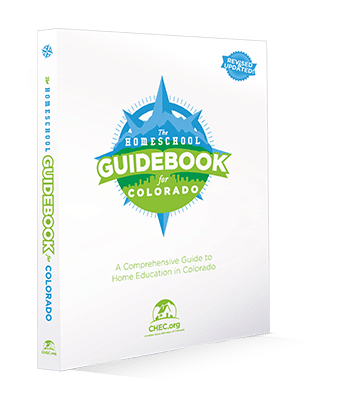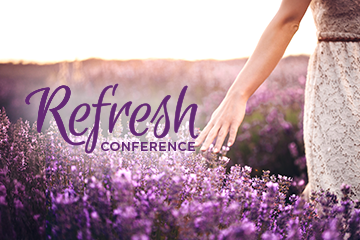An interview with Julianna Dotten, author of Colorado Civics
What is the importance of students learning about their state?
Colorado is unique in its state history in that we really were founded by bachelor-miners (I say that tongue-in-cheek). We don’t have the rich Puritan legacy of Massachusetts or even the exciting Civil War action of Kansas or Missouri. But the “wild west” nature of Colorado has shaped our state, creating a culture of individualism, determination, and ruggedness that yet extends into the lives of those who call Colorado home.
While there are dark spots to our history, it is often in those very dark spots that we learn crucial lessons about culture, economics, and worldview— lessons that are essential in interpreting the present as well as the past.
In addition, studying state history brings the unique opportunity to relive history in a way that’s harder to do when, say, we’re studying the Peloponnesian War. We’re not far from the sites of the very historical events we’re learning about! It’s not hard to get in the car and drive an hour to tour the Cliff Dwellings or visit the Matchless Mine.
Often, you’ll make discoveries of events that occurred in your own town. For example, after reading the story of Ralph Moody (who grew up near Denver), my family realized that we had recently taken a walk down the very street he used to live.
Studying state history has an aspect of “nearness” that can bring history alive for students. I hope that in engaging the Colorado chapter of this book, you’ll both have a better appreciation for where we’ve come from as well as a vision for what God might do with our state in the future.
How do you see this course being used?
I am passionate about the benefits of “school together” time, and as a result, I wrote Colorado Civics with a vision of families being able to study the subject together. Ideally, the lesson should be read aloud (I would suggest allowing students to color or do something with their hands). This allows the content to be tailored to all the students’ ages.
For example, if you come across a word you’re not sure the younger ones know, ask about its meaning and then provide an explanation. As you’re reading, try to encourage your students to ask questions and engage in discussion. This is the perfect time to bring in any current events that apply to what you’re learning as well.
Aside from reading the history lessons, I would suggest picking a few books from the chapter’s suggested reading list to go deeper. You might choose a picture book for the young ones as well as a few pieces of historical fiction or biography. This aids so much in helping your students see that history is truly a story!
For older students, I would suggest assigning them a learning journal question after your read-aloud time (you can read more about learning journals here). For high school students, you’ll want to make sure they’re doing some in-depth reading on their own as well, whether it’s segments of The Federalist or a historical biography.
But ultimately, the goal of this course is to get your students excited about making a difference in your local, state, and national governments. Whether your application is joining a local campaign, signing up for the Homeschool Freedom Team and testifying in committee, or just staying abreast of the latest political news, I hope this course will help guide your students along the journey of becoming active and responsible citizens.

Learn more about Colorado Civics here, and stay tuned to the blog for tips for using the curriculum and more.






0 Comments